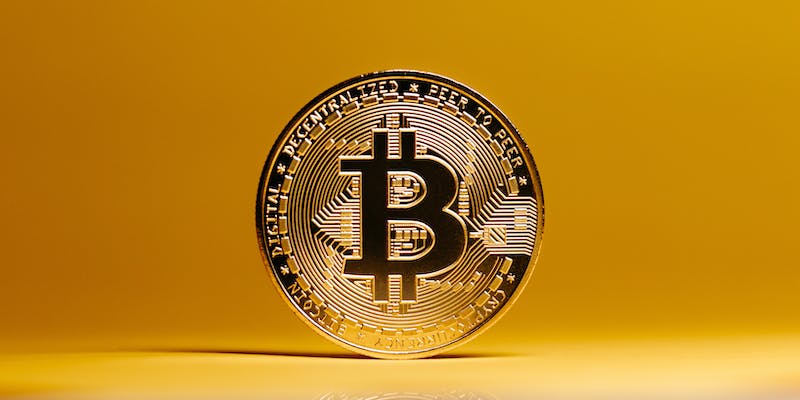Global sanctions against North Korea have not deterred its pursuit of nuclear and missile technology, as the secretive state has turned to digital theft to fund its ambitions. A UN investigation reports that, from 2017 to 2023, North Korean hackers have executed numerous cyberattacks on cryptocurrency exchanges and other financial entities, amassing around $3 billion to support their weapons programs. Despite a slight decrease in the number of attacks in 2023, the sophistication of their methods continues to rise, posing an ongoing threat to both global security and the integrity of the cryptocurrency market.
The Targets and Tactics
North Korean hacking units, reputed for their expertise and meticulous planning, have targeted cryptocurrency firms as a method to circumvent international financial restrictions. The UN report highlights a series of 58 orchestrated breaches that show an intimate knowledge of digital finance vulnerabilities. Tactics such as spear-phishing, the deployment of sophisticated malware, and social engineering are used with precision to gain unauthorized access to digital wallets and siphon funds. These strategic attacks point to the high priority given by the DPRK to obtaining illicit funding through state-sponsored cyber activities.
Implications for Global Security
The significance of the North Korean cyber heists transcends financial loss, posing a substantial threat to international peace and stability. The UN and security experts express concern that the stolen funds are likely contributing to North Korea’s WMD development, challenging the global non-proliferation efforts. This predicament shines a spotlight on the need for more robust cybersecurity infrastructure and greater international cooperation within the cryptocurrency space. Authorities like the UN Office on Drugs and Crime are also bringing awareness to related illegal operations such as poorly regulated online casinos and investment fraud. As North Korea’s cyber capabilities advance, the international community is called to fortify its defenses against the multifaceted risks of state-sponsored cybercrime and proliferation financing.

